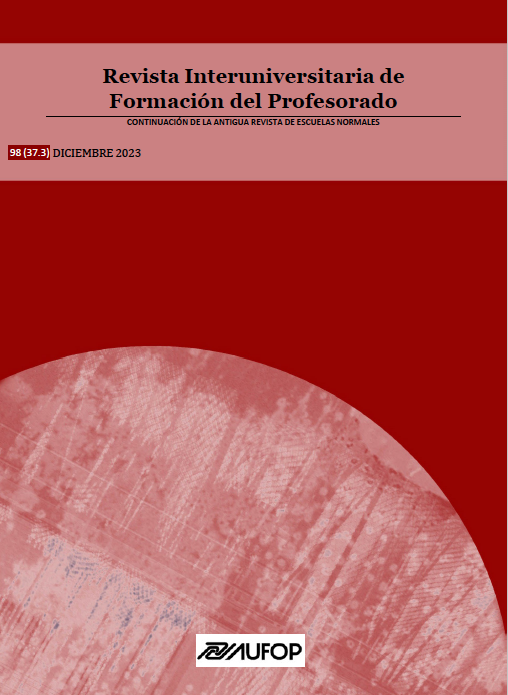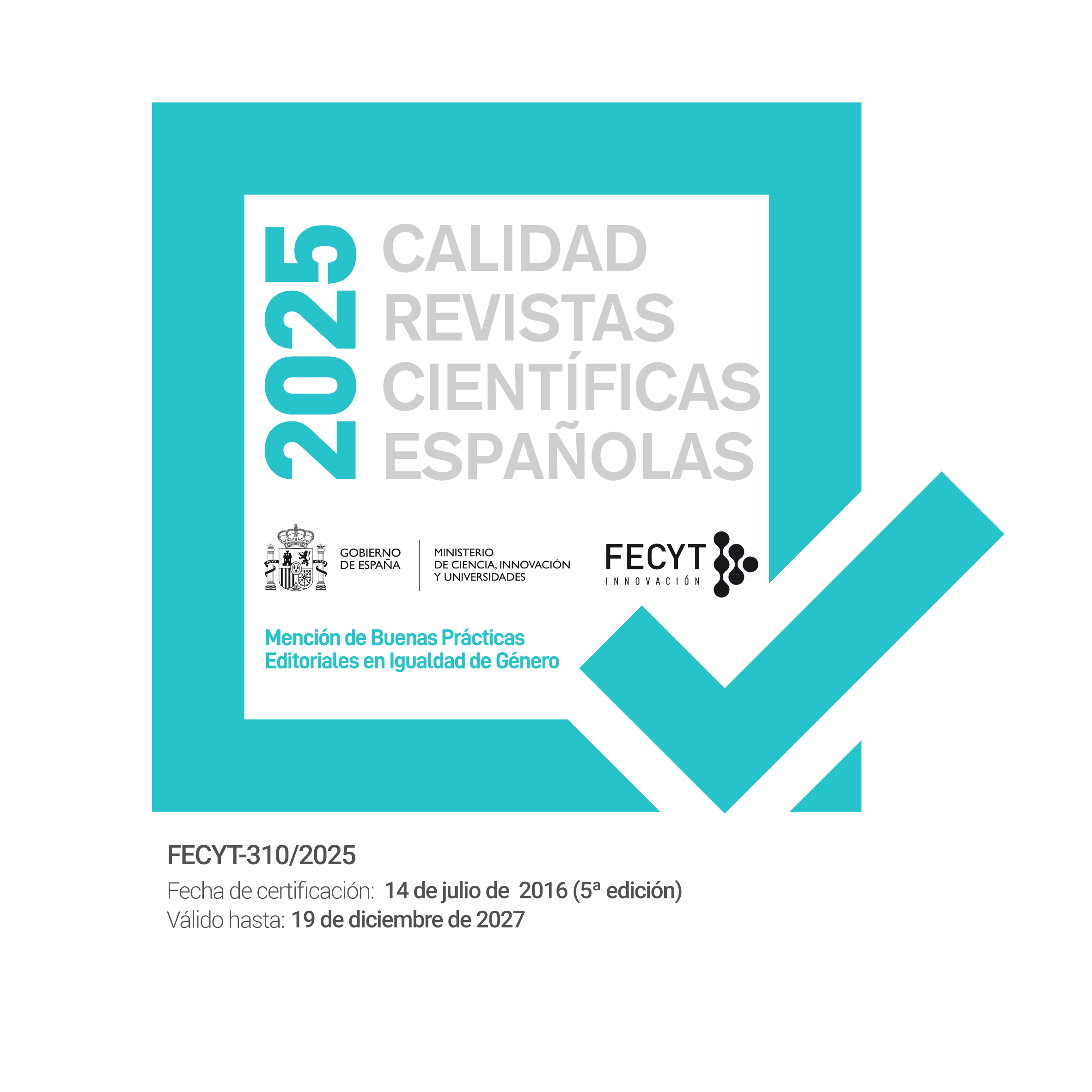Capital and music education: Analysis from controversy
DOI:
https://doi.org/10.47553/rifop.v98i37.3.100752Abstract
Capital is understood as material and symbolic elements that people value and accumulate, leading to social gaps because capital is not accumulated fairly and equitably in the population. The present study aims to analyse musical and sociomusical capital from the visions of capitalism and the Capitalocene, as they are based on the accumulation of all kinds of capital. In this regard, a deductive analysis is carried out from the constant comparative method, which implies processes of categorisation and codification. Results display that music education is conceived as a producer and product of capitalism, as it has developed from private property, means of production and profit as a commercial incentive. It affects ecosystems concurrently, as the raw materials for musical activities are collected from nature. It is concluded that capitalism in music is not bad per se, as musical practices bring innumerable benefits to the development of the human personality and community life. However, there are also social losses because the systemic structure gives rise to inequalities, stereotypes and violence. Theoretical implications are presented that would serve to deepen the analysis.
Downloads
Published
How to Cite
Issue
Section
License
The "Revista Interuniversitaria de Formación del Profesorado (RIFOP)", with ISSN print 0213-8646 and ISSN electronic 2530-3791), adheres to the copyright notices proposed by Creative Commons
Authors’ rights
Papers published in the journal are subject to the following terms:
1. The Asociación Universitaria de Formación del Profesorado (AUFOP) is the editor of the RIFOP and holds the copyright of the papers published therein. The reuse of these is allowed under the license for use as indicated under point 2.
© Asociación Universitaria de Formación del Profesorado (AUFOP)
2. The papers are published in electronic version under the license CreativeCommons Reconocimiento-NoComercial-SinObraDerivada 3.0 España (texto legal). Papers can be copied, used, disseminated, transmitted and publicly exhibited provided that: i) the authorship and original publication source are cited (journal, editors and URL of the paper); ii) they are nit used for commercial gain; iii) the existence and specifications of the license for use are mentioned.
3. Auto-archiving conditions. Authors are allowed and encouraged to disseminate electronic pre-print versions (versions prior to peer review) and/or post-print (versions reviwed and accepted for publication) of their papers prior to their publication, since this favors prompt circulation and dissemination and supposes a possible increase in cites and scope within the academic community.
Privacy declaration
The names and email addresses incorporated into this journal will be used solely for the declared purposes of the journal and will not be available for any other purposes or to third parties.






